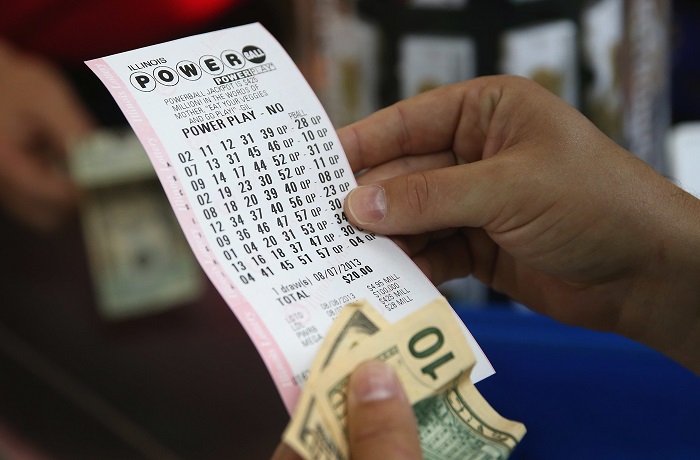
Unveiling the Odds: Can You Calculate the Winning Lottery Ticket?
Welcome to the intricate world of lottery odds. Before diving into the sea of numbers and statistics that surround the chances of picking a winning lottery ticket, it’s crucial to understand the foundation of lottery games and the inherent impossibility of predicting random draws. Despite the allure of cracking the code to lottery riches, we embark on a journey to explore the mathematical landscape without false promises, offering insight into the true nature of lottery odds.
The Reality of Lottery Predictions
At its core, the lottery is a game of stark probabilities, not certainties. The idea that one can predict a winning ticket is a myth shrouded in the hope and desire for easy fortune. Here, we strip away the veil of illusion and present the hard facts of what it really means to “calculate” your lottery chances.
Understanding the Odds
Lottery odds are determined by several factors, including the number of possible number combinations and the number of tickets sold. With millions of potential combinations in most large lotteries, the odds of selecting the exact winning sequence are astronomically low.
Statisticians and mathematicians employ complex algorithms to approximate these odds, yet the precise prediction of a winning ticket remains a realm of fantasy. The variables at play in each draw make it a unique event, immune to the foresight of even the most advanced calculations.
It’s essential to recognize the role of randomness in lotteries, which defies the application of any strategy that claims to boost the odds of winning beyond the fundamental law of probability.
Probability vs. Prediction
Understanding the distinction between probability and prediction is key. Probability assesses the chance of an event occurring, while prediction claims foresight into a specific outcome—a far more speculative and uncertain endeavor, especially in the context of lotteries.
With the probability of a lottery win fixed by the game’s structure, no amount of analysis can change the odds. This is a significant point for lottery enthusiasts to grasp in order to approach the game with realistic expectations and a clear understanding of the odds they face.
The Misconception of “Calculating” Wins
The allure of “calculating” a lottery win often leads to the proliferation of systems and strategies that claim to increase chances of winning. While these may offer structured approaches to selecting numbers, they do not, in reality, change the odds of any given ticket being the winning one.
The Role of Randomness
In games of chance like the lottery, randomness reigns supreme. Every draw is an independent event, with the previous draw having no influence on the outcome of the next. This inherent randomness is what makes the lottery a game of chance and not skill.
Despite attempts to analyze past results or detect patterns, the random nature of the lottery draw remains an unassailable barrier to prediction. This randomness is also what ensures the fairness and integrity of the game, as it guarantees that each player has an equal chance of winning.
Systems and Strategies
From “hot” and “cold” numbers to wheeling systems, numerous strategies claim to offer an advantage in predicting lottery numbers. However, it’s important to acknowledge that these systems are based on fallacious reasoning and do not have a scientific basis that genuinely affects the odds of winning.
Some players find comfort in these systems as they impose a sense of control over an entirely random process. While harmless if used for entertainment, it’s crucial for players to remain aware that no system can guarantee success in the lottery.

The Power of Responsible Play
In light of the overwhelming odds, the best approach to playing the lottery is one of responsible enjoyment. Recognizing the lottery for what it is—a game of chance with a slim probability of winning—can foster a healthier, more enjoyable experience.
The Importance of Playing Wisely
Lottery games should be approached with the same casual enjoyment as other forms of entertainment, with the expenditure on tickets kept within reasonable limits. It’s the dream of hitting the jackpot that captivates millions, and there’s value in the fun and excitement that comes with it—as long as it remains just that, a dream not expected to become reality.
Spending within one’s means and playing for fun, rather than as an investment strategy, can prevent the pitfalls of lottery mania. With this mindset, the lottery remains an enjoyable pastime rather than a risky financial venture.
